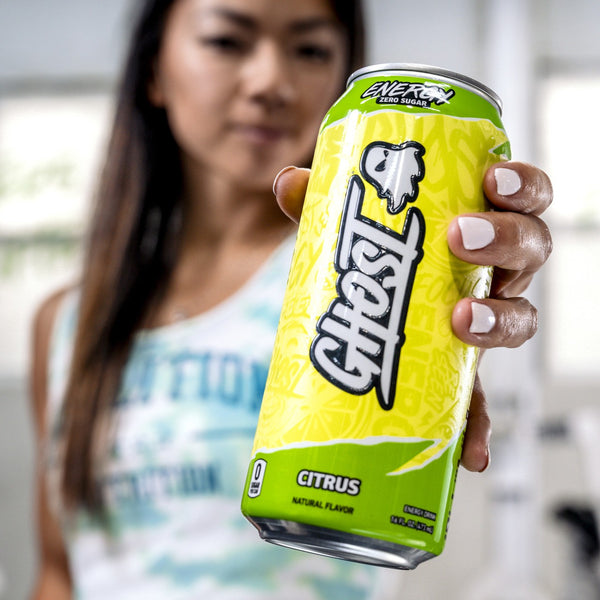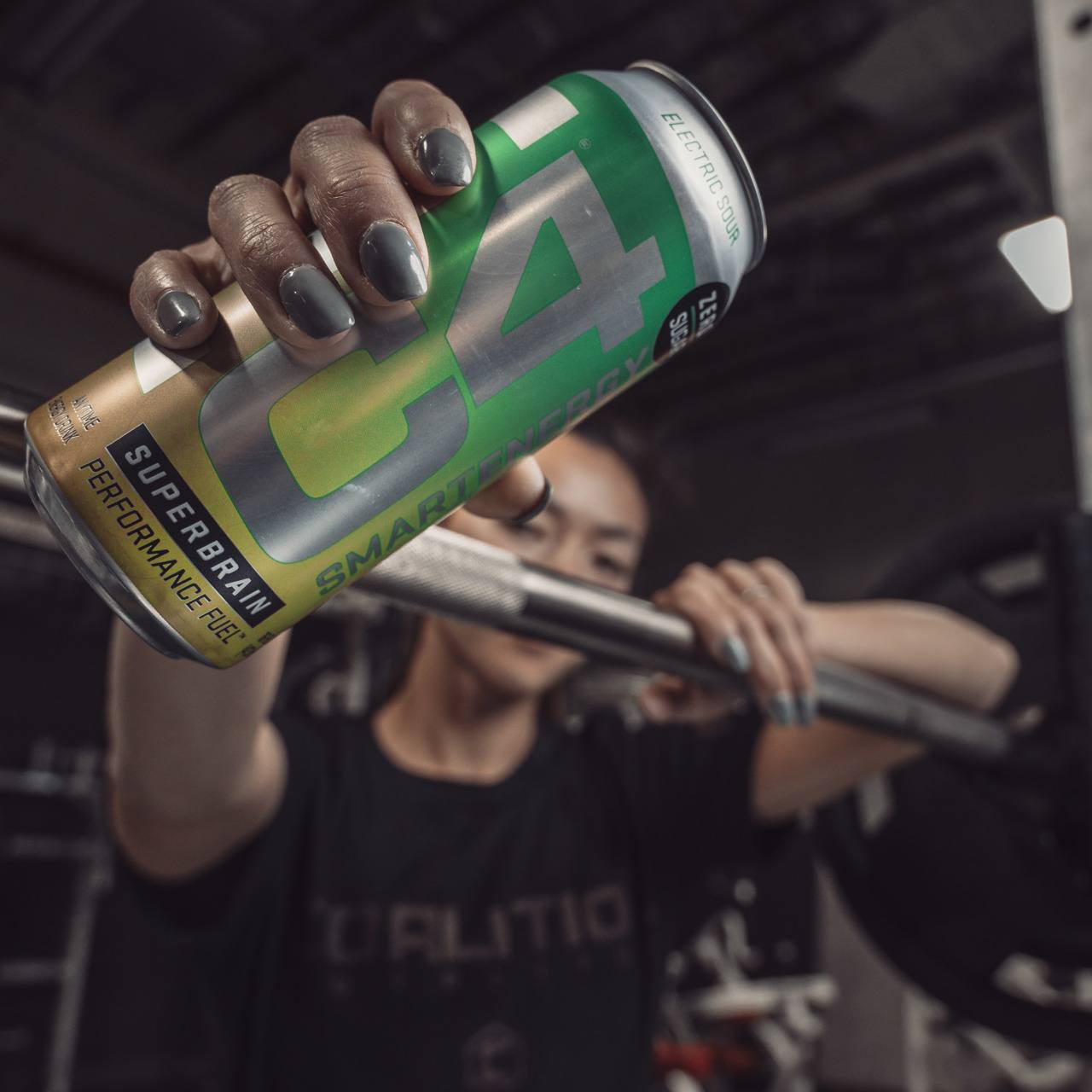According to singlecare.com, 500 million adults in the world are obese, and if unaddressed, an estimated 1 billion adults will be obese by 2030. As these numbers rise, so has health awareness and the demand for a diverse selection of low-calorie products as more and more consumers seek to make healthier food choices. Now, “Diet friendly” foods are everywhere. If you walk into a gas station or convenience store and stand in front of the refrigerators, a wall of beverages labeled, “sugar-free,” “zero-sugar,” “zero-calorie,” “diet” stands before you. It doesn’t stop there. Everything from protein powders, pre workouts, BBQ sauces, and pancake syrups proudly wear their badge of “0 sugar” to meet the demands of more health-minded individuals. Instead of real sugar, companies use sugar substitutes (artificial sweeteners,) like aspartame, acesulfame-K, saccharin, sucralose, and xylitol to appease the calorie conscious masses, cut costs, and keep their product from tasting like crap.
What is an artificial sweetener?
An artificial sweetener is a food additive that duplicates the taste of sugar but usually has less food energy (calories.) [1] These sugar substitutes can sometimes be much sweeter than real sugar (about 200 times sweeter,) and are regulated by the US Food and Drug Administration.
What are the Pros and Cons of artificial sweeteners in diet soda?
The Pros: People can satisfy their sweet cravings while dieting and avoid consuming unnecessary amounts of calories from sugar.
The Cons: Depending on the person some artificial sweeteners can cause minor digestive discomfort, bloating, gas, and CANCER!?...
During episode 21 of the For Lifters, By Lifters Podcast, Registered Dietitian, Dalton Nice, recounts where claims of aspartame causing cancer originated.
“There’s this French study out there that a bunch of TikTok people were talking about and on Instagram about how it (aspartame) causes cancer, and if you actually really look into the study, it’s not anything that you can make claims about.”
Dalton continues to state, “-the research on the harmful effects of sweeteners, all of that stuff is really new and we don’t really have any definitive answers. As of now, we can say that it’s safe for the human body.”
He then adds, “People are always demonizing aspartame but when you look into where that came from, they were giving rats a tremendous amount of aspartame. I think it was equivalent to 100 Coca-Colas™ that someone would have to drink in a day to get that much aspartame.”
We looked further into the study and found that they were administering concentrated doses of aspartame to a group of 8-week-old Sprague-Dawley rats in increments of 5,000 mg, 2,500 mg, 500 mg, 100 mg, 20 mg, and 4 mg per kg of body weight. [2] To give you an idea of how many milligrams of aspartame the rats were administered and how much an average human would need to consume to equal the same amount we put together a little table.
|
Rat: average weight 400 g |
Human: average weight 160 lb |
Human: average weight 260 lb |
|
|
Dose mg/kg bw |
mg/0.4kg bw |
mg/73 kg bw |
mg/118 kg bw |
|
5,000 |
2,000 |
362,850 |
589,650 |
|
2,500 |
1,000 |
181,425 |
294,825 |
|
500 |
200 |
36,285 |
58,965 |
|
100 |
40 |
7,257 |
11,793 |
|
20 |
8 |
1,451 |
2,359 |
|
4 |
2 |
290 |
472 |
Dalton wasn’t joking - 2,000 mg of aspartame is about ten 12 oz cans of Diet Coke™ a day for a little 400 g rat. But, the claims of cancer are true. The conclusion of the study indicates that aspartame intake has multi-potential carcinogenicity effects at a daily dose of 20 mg/kg bw, which is much less than the ADI (acceptable daily intake) outlined by the FDA of 50 mg/kg of bw.
Before we go further, or start to panic, let's think about these numbers for a moment. One 12 oz can of Diet Coke™ contains .2 g of aspartame. If we apply the 20 mg/kg of bw a day stated in the above experiment to a 160 lb person, (20 mg/72.57 kg = 1,451.4 mg) they would have to drink 7.25 12 oz cans of Diet Coke™ to consume that much aspartame. That’s an entire two liter of diet soda in one day.
So, what can we take from this? “The poison’s in the dose,” says Dalton. Like dieting in general, you can consume most anything without it affecting your waistline, health or gains if in moderation. Anyone drinking 4 or more diet sodas a day on top of any other foods artificially sweetened might want to start cutting back and monitoring their intake.
Does Diet Soda Make You Fat?
There have also been claims that drinking diet soda can make you fat because it "spikes insulin levels." Insulin is a hormone your body releases to regulate the amount of glucose in the blood. Too much insulin can result in hypoglycemia and/or insulin resistance which can potentially lead to type 2 diabetes. During episode 21 of the FLBL Podcast, James remarks, “There’s still a secretion of insulin from the pancreas when you consume an artificial sweetener.”
As to which Dalton responds, “No. I haven’t seen any data on that…- You’ll hear the argument, okay; you take in a sweetener, the body thinks it’s sweet so let’s release insulin. No. The body releases insulin when it senses blood sugar that’s high.”
Dalton makes a good point; is it true?
In a recent study done by researchers from the NIH (National Institutes of Health), 30 healthy individuals consumed 355ml water with 0 mg, 68 mg, 170 mg, and 250 mg of sucralose, along with two different popular diet sodas against an unflavored (only sweetened) Seltzer control. [4]
- 355 mL caffeine-free Diet Rite Cola™, Diet Mountain Dew™: Contained 68 mg sucralose and 41 mg acesulfame-potassium (Diet Rite) and 18 mg sucralose, 18 mg acesulfame-potassium and 57 mg aspartame (Mountain Dew), respectively
- Seltzer water with "non-nutritive sweeteners" (NNS) (containing 68 mg sucralose and 41 mg acesulfame-potassium, equivalent to Diet Rite Cola™)
The drinks were ingested in random order and scientists recorded blood glucose levels, GLP-1(“satiety hormone”) GIP (insulin response regulator,) and insulin itself as well as gastric emptying and subjective hunger and satiety ratings (see chart below.)

From this data, the scientists remarked that:
- The oral glucose test shows a rise in GLP-1 from diet sodas, but sweetened seltzer has no effect on GLP-1.
- Gastric emptying and satiety measures were unaffected in all four treatments.
- Although Diet Rite Cola™, Diet Mountain Dew™ and sweetened seltzer treatments did increase the total amount of insulin that was produced after the oral glucose test, the difference is so small that it is not statistically significant nor does it have a relevant impact on physiology.
- Diet Rite Cola™, Diet Mountain Dew™ and sweetened seltzer treatments did not affect the subject’s glucose levels significantly.
Water + sucralose showed no effect of the beverages on the insulin response, meaning sucralose doesn’t affect glucose metabolism and the observed non-significant difference of the insulin response shown in the diet beverages vs. control must be from another sweetener. So if it’s not sucralose or aspartame messing with our insulin response, what is it in diet sodas that is? Acesulfame-K?
During a 1987 study, (Liang. 1987a,b; Malaisse. 1998) - Acesulfame-K was injected into rats in doses of 50 mg/kg bw, 100 mg/kg bw, and 150 mg/kg bw. The result of this study (shown below) cast disproportionate relevance to the data comparison to the oral consumption of acesulfame-K, which did not yield significant results.

Yes, it's clear in the figure above that there is an aggressive insulin spike from the 150 mg/kg bw dose, however, in order to induce such a significant effect on insulin, acesulfame-K was injected directly into the bloodstream, which bypassed any potential effects of digestion and/or interaction with sweet receptors in the gut. This leaves the results of the investigation equivocal in terms of the effects acesulfame-K has on the sweet taste receptors. Thus, the argument some people make of the sweet taste on your tongue being the trigger for insulin secretion, may carry some weight to it (but not much.) As stated in the suppversity.com blog post, “For insulin, the non-significantly different response (as physiologically insignificant as it may be) could be triggered by a hitherto not fully understood interaction with sweet taste receptors during the sweetener preload that may influence the response to the subsequent oral glucose tolerance test.” [5]
The main take-away message from all of this is, both James and Dalton were kind of right. There is a secretion of insulin from the pancreas when you consume an artificial sweetener, but it's so small that science has declared it not enough to impact the body physiologically. As far as the body releasing insulin because it “senses” something sweet - it's possible but more likely from the other ingredients in the diet drinks.
Even though these effects are so small, Dalton’s remark, “The poison's in the dose.” is still very relevant. A diet drink once in a while won’t have the same effect as chronic consumption.
Artificial Sweetener Alternatives
Aspartame and Sucralose aren’t the devil. Sugar isn’t either. It’s all in how much you consume. Now, whether it be a matter of choosing to avoid aspartame all together or you’re simply not a fan of the taste, there are other zero/low calorie artificial and natural sweeteners you can seek instead.
- Stevia: A natural sweetener made from the leaves of the stevia plant. Stevia is about 100 to 300 times sweeter than table sugar, but has no calories. [6] Brands like Nutra Bio, PES, and 1st Phorm offer products that are sweetened with Stevia extract.

|
|
|
- Sucralose: Recognized by most from its yellow packet and marketed as Splenda®. This sweetener is made from chemically changed sugar and is 600 times sweeter than real sugar with almost no calories. [7] Most energy drink brands like Ghost Energy, Alani Nu, and Bucked Up use sucralose to sweeten their beverages.

- Sugar Alcohols (polyols): This sweetener does not contain alcohol or have as intense of sweetness as others, but it does contain trace calories as it is a carbohydrate that naturally occurs in certain fruits and vegetables. [8] This is definitely a sweetener you want to consume in moderation as it has some laxative effects if eaten in excessive amounts. [9]
Conclusion
Yes, it is a fact that the amount of aspartame you would have to consume for the artificial sweetener to be lethal is tremendous. And, yes, there are risks of potential carcinogenic effects from consuming aspartame in smaller doses than the FDA’s ADI. But, a diet beverage here and there is not going to kill you or make you fat. Being mindful of the ingredients in the foods you consume is your best bet to staying healthy, achieving your goals and decreasing your risk for experiencing negative side effects of artificial sweetener over-consumption.

Check out episode 21 of the For Lifters Podcast here:
Don’t forget to subscribe to our YouTube Channel to get notifications when new episodes are released. https://www.youtube.com/user/jak3633
References:
-
Single Care.com, Overweight and obesity statistics 2022, https://www.singlecare.com/blog/news/obesity-statistics/
-
Mayo Clinic, Artificial sweeteners and other sugar substitutes, https://www.mayoclinic.org/healthy-lifestyle/nutrition-and-healthy-eating/in-depth/artificial-sweeteners/art-20046936
-
National Center for Biotechnology Information, National Library of Medicine, First Experimental Demonstration of the Multipotential Carcinogenic Effects of Aspartame Administered in the Feed to Sprague-Dawley Rats, https://www.ncbi.nlm.nih.gov/pmc/articles/PMC1392232/
- Webmd. What is Stevia, https://www.webmd.com/food-recipes/what-is-stevia
- Webmd. What To Know About Sucralose, https://www.webmd.com/diet/what-to-know-about-sucralose
- Supp-Versity, Sweeteners In The Real World, https://suppversity.blogspot.com/2016/11/sweeteners-in-real-world-12-increase-in.html?fbclid=IwAR2crUkOmGMoFdcNRZo9fsKG9HoPH3aXK-wm3t12VPEc7rXaRQdsntetygQ&m=1
- Yale New Haven Health, Eat Any Sugar Alcohol Lately?, https://www.ynhh.org/services/nutrition/sugar-alcohol#:~:text=The%20most%20common%20side%20effect,are%20eaten%20in%20excessive%20amounts.




